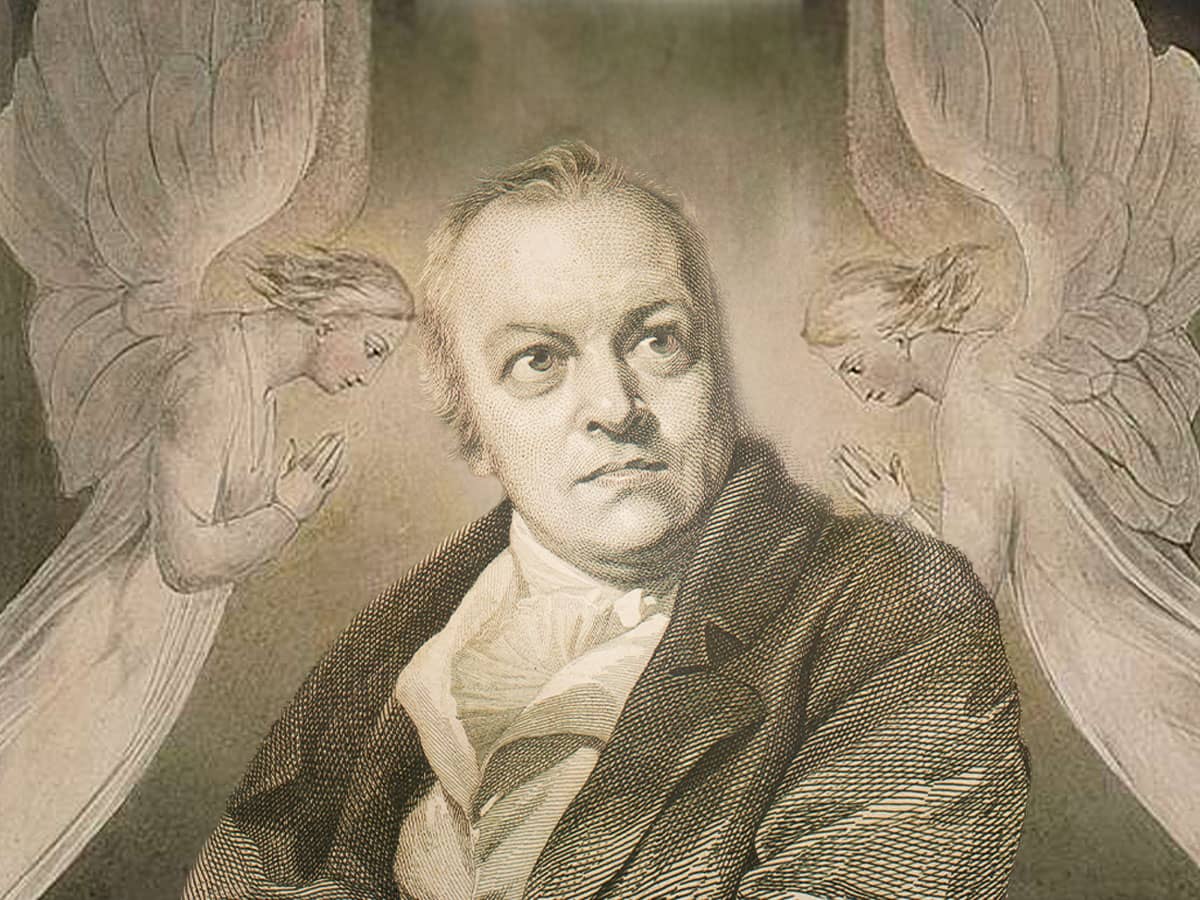By the time he wrote Messiah, Händel was an accomplished composer, known throughout Europe, for his operas, oratorios and church music. He was barely 30 years old when he wrote the Water Music to serenade King George I at a party for the monarch on the Thames River in London. Yet despite his access to rulers and church leaders, Händel’s musical career was often artistically and financially uncertain.
At the age of 52, Händel suffered a stroke, which paralyzed his right arm. Alone, debt-ridden, and crippled, he went to a convent in France to try to recover. It was there that one day Händel sat down at the harpsichord, wondering if he could still play. To his astonishment, and that of the nuns caring for him, the music that flowed from the instrument was perfect...almost as if angels were at the keys instead of the recovering patient.
Händel returned to London, only to produce two performances of oratorios that were spectacular failures. He was left with only one request for composing new music, from a charity in Dublin. The proceeds from the concert would be used to help those in debtors’ prison--a fate that Händel himself was very close to experiencing.
Händel had more than 35 years of composing experience behind him when he sat down to write Messiah. But this work was to affect him like no other. For three weeks, Händel worked tirelessly, inspired by the angels whose voices he was attempting to capture in his music. On finishing the Hallelujah Chorus, Händel is said to have exclaimed, "I did think I did see all Heaven open before me and the great God Himself." Later, he would compare his experience to that of St. Paul, saying that “Whether I was in my body or out of my body when I wrote it I know not. God knows.”
Messiah was first performed in Dublin, Ireland, in April of 1742. Although Händel himself earned very little from this first performance, the concert raised enough money to free 142 men from debtor’s prison. During Händel’s lifetime, many more performances of Messiah were devoted to raising funds for charity. When he died, at the age of 74, he left Messiah to the Foundling Hospital of London. Despite his German birth, Händel was buried in Westminster Abbey, the resting place of many of Britain’s greatest artists and statesmen, recognizing his tremendous contribution to Western music.
On the wall above his grave is a splendid monument unveiled in 1762. It displays a life-size statue of Handel holding the musical score from his Messiah—carved with the words "I know that my Redeemer liveth." And above him floats an angel playing a harp, a tribute to the source of one of the world’s most heavenly pieces of music.

